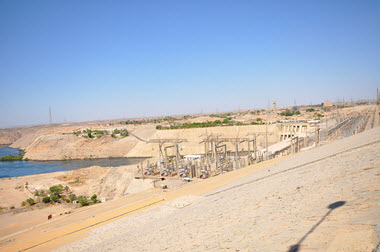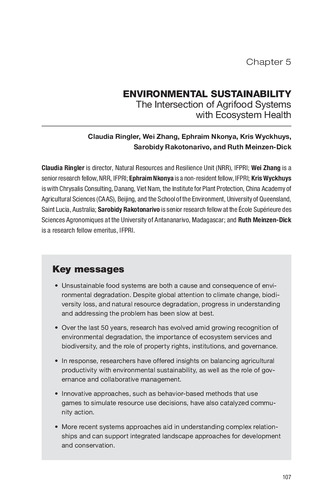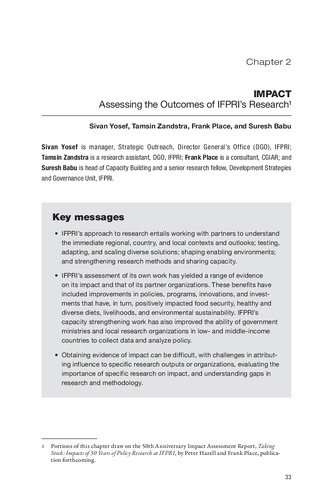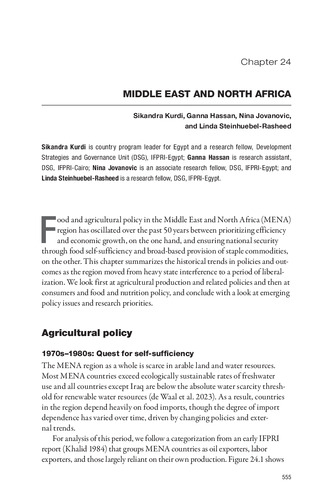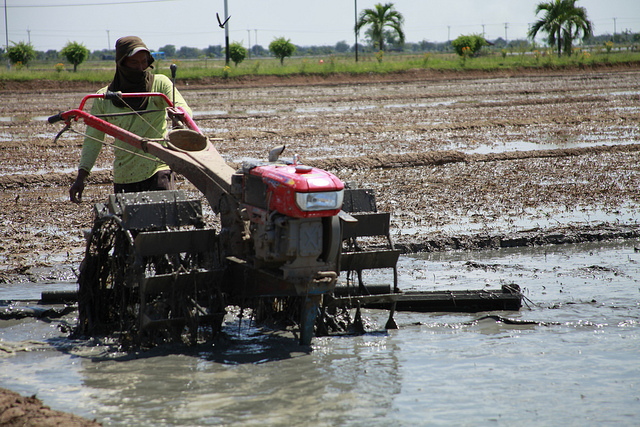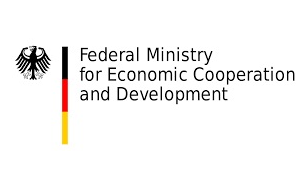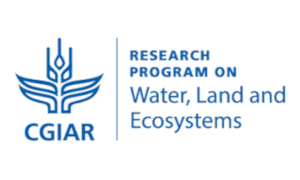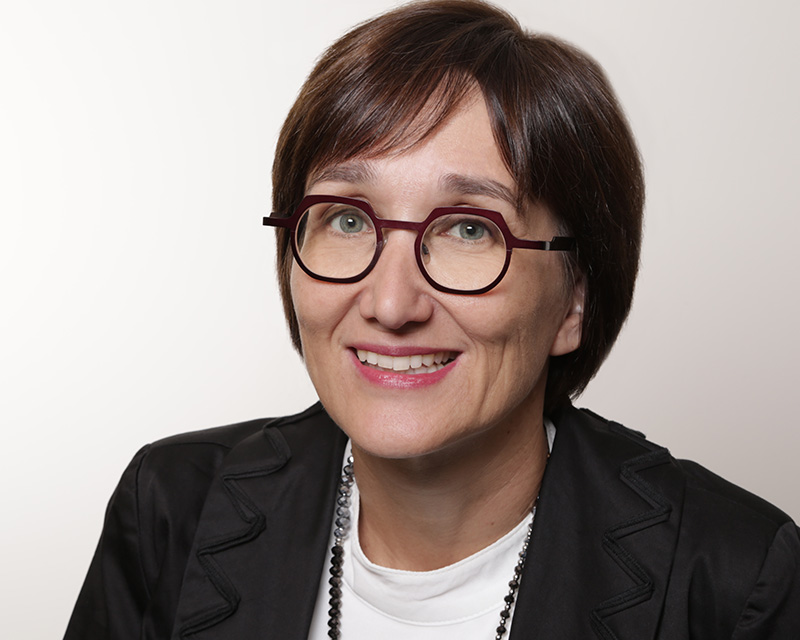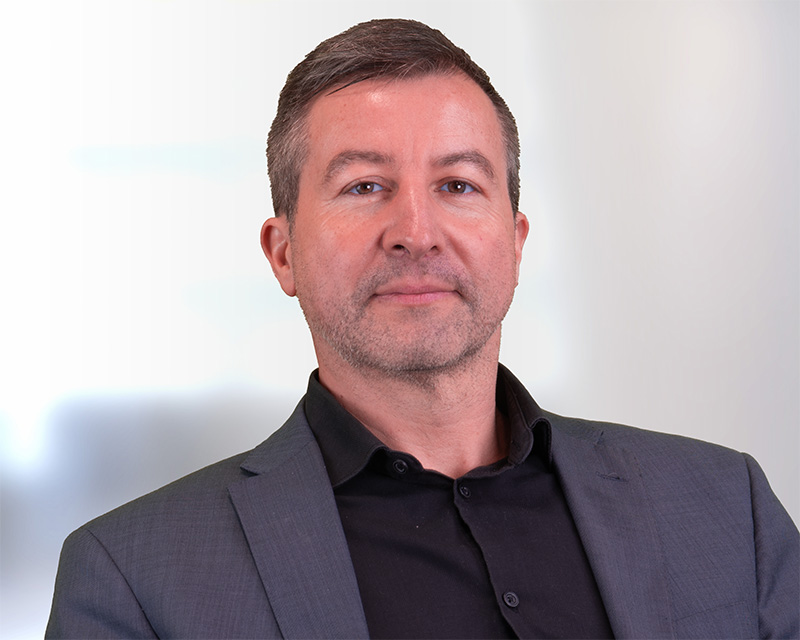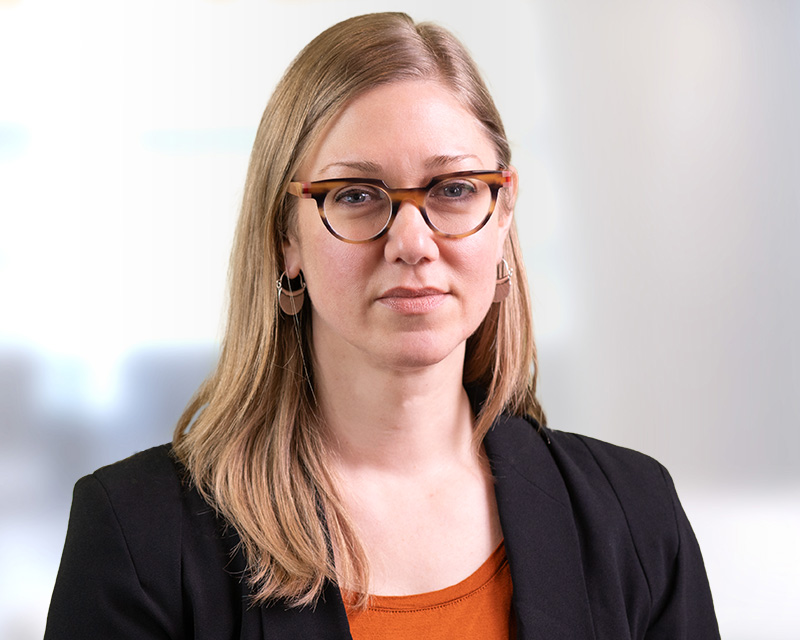Global, basin and local case studies of resource use efficiency under growing natural resource scarcity
What is the challenge?
Demands for water, energy, and food are increasing rapidly at the same time that available natural resources are increasingly degraded and in scarce supply. This challenge is particularly acute in developing regions with rapid economic growth, such as the Nile Basin in Eastern Africa. In Ethiopia, plans for rapid agricultural intensification, large-scale hydro-electricty development, re-forestation, and dissemination of energy-efficient technologies all have implications for water, energy, and food. Ethiopia’s and the Eastern Nile and the Nile Basin Initiative’s strategies are already substantially changing natural resource outcomes on the ground. Several large infrastructure projects in the region are changing the hydropolitical regime in the Eastern Nile Basin generating a range of transboundary nexus opportunities. At the local level, changes in the supply of rural energy and water are likely to have different implications for men and women, given their different roles within the household and community. For instance, improving access to water and energy may provide particular benefits to women by freeing up their time allowing them to engage more in other productive activities that might provide additional income for the household and economic benefits for the community.
This research examines the tradeoffs and synergies across the water, energy, and food security nexus at local levels in Ethiopia and at regional levels in the Eastern Nile Basin (specifically Egypt, Ethiopia and Sudan) with insights from global assessments. This project also explores the potential for decentralized energy (i.e. mini-grid technologies), and energy efficient technologies to minimize resource tradeoffs while improving environmental outcomes in the region. Through local case studies, this project also explores how changes in the supply of rural energy and water are likely to have different implications for men and women, given their different roles within the household and community.
Key research questions
The principal hypothesis of this project is that by holistically assessing water-energy-food security strategies with partners, tradeoffs across these sectors can be reduced and solutions can be identified that reduce adverse outcomes for poor men and women. In particular, this project will explore the following research questions:
- What are the linkages, tensions, and tradeoffs across the water-energy-food nexus and associated environmental impacts and what are nexus solutions that provide benefits for all Eastern Nile countries?
- What role can intra-regional trade in food and energy play to strengthen agricultural and economic development in the region?
- What is the potential for decentralized energy (i.e. mini-grid technologies), and energy efficient technologies to minimize resource tradeoffs while improving environmental outcomes in the region?
- What are the implications of changes in the supply of rural energy and water for men and women, given their different roles within the household and community?
Basic information about the activity
This project aims to contribute to sustainable management of natural resources, increased food security and reduced poverty for poor rural men and women in the face of rapid agricultural, water and energy development in the Eastern Nile Basin. The project will contribute to these outcomes through the development of policy options for reducing the costs of tradeoffs and promoting positive synergies across the water, energy and food security nexus at local and regional levels in the Eastern Nile Basin. The project will use a mixed methods approach across various scales—including the local, basin, and global scales—to identify tradeoffs and the potential for alternative management, technology and governance options to sustainably increase resource use efficiency. Work will be carried out at the global and the Eastern Nile Basin levels, with several local case studies carried out in Ethiopia.
Outputs
To accomplish this the project will focus on 5 main outputs:
- Identification of linkages, tensions and tradeoffs across the water-energy-food nexus using global, basin (Eastern Nile) and local case studies (Ethiopia)
- Assessment of the potential for alternative water, energy, and food management, technology and governance options to sustainably increase resource use efficiency for rural poor men and women
- Development of win-win-win water, energy, and food security strategies developed with partners and local and national governments in the Eastern Nile region
- Enhanced capacity of NARES in the Eastern Nile region to work on nexus assessments based on approaches used in this project
- Dissemination of research results across a wide range of stakeholders through engagement in global water-energy-food nexus initiatives




